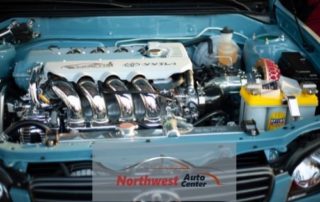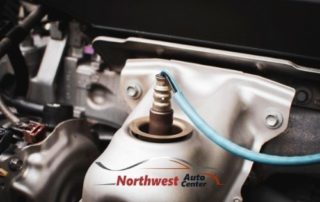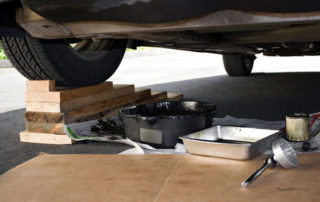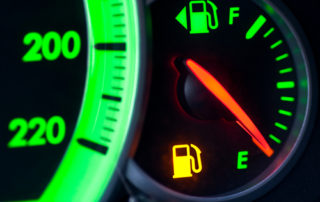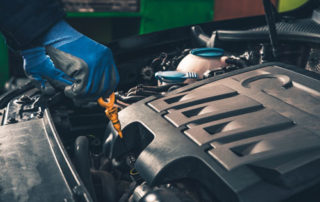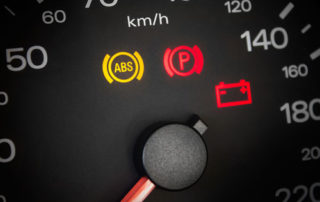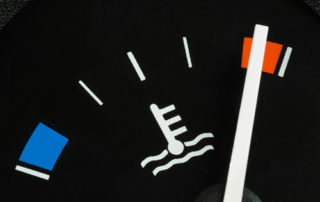Fuel Injectors and Signs They Aren’t Working Well
We all know that we have to stop at the gas station when the gauge creeps towards empty to keep our car moving. But, do you know what happens with that fuel once it enters your vehicle? The job of distributing the gas to your engines falls on the fuel injectors. And their job is not as simple as stop and go. How Do Fuel Injectors Work? Your vehicle's injectors have the vital task of delivering fuel from your gas tank to your engine. And it all comes down to the timing. Fuel injectors inject the ideal amount of fuel into the combustion chamber at just the right time. They are commanded by the vehicle’s PCM (Powertrain Control Module) or computer. Allowing the correct mixture of air-to-fuel, creates the perfect condition for combustion and keeps your car running well. Controlled by a computer, there is one fuel injector per cylinder in modern vehicles. Initially, injectors sprayed gas into the intake manifold. Moving to your car's cylinders helps your vehicle's [...]

